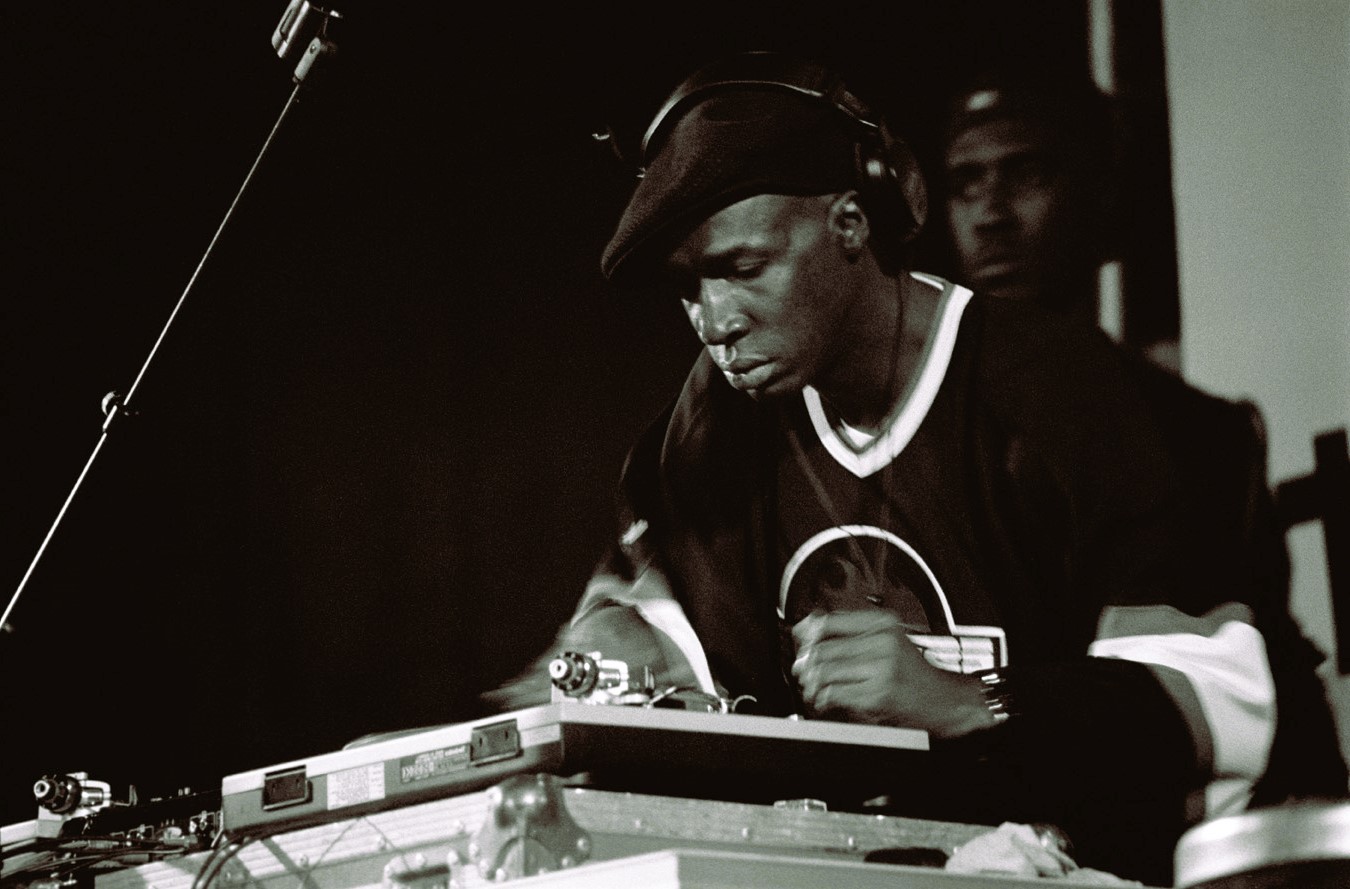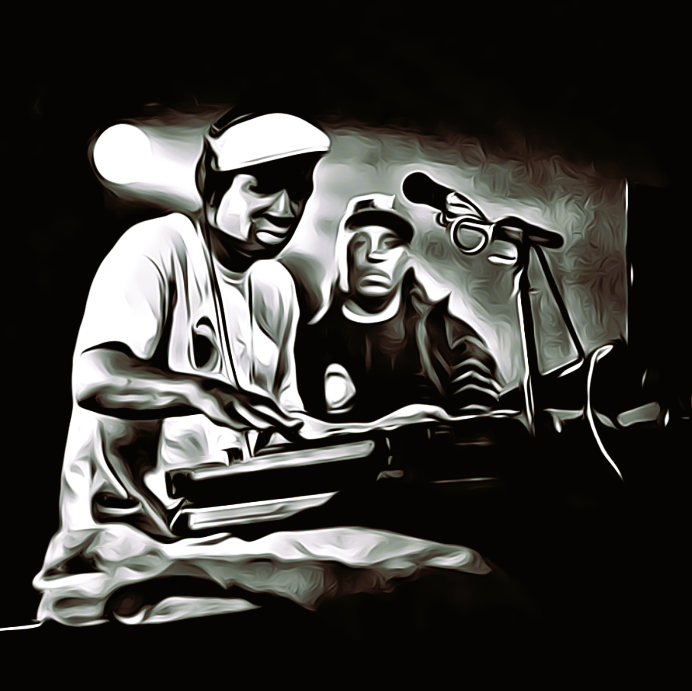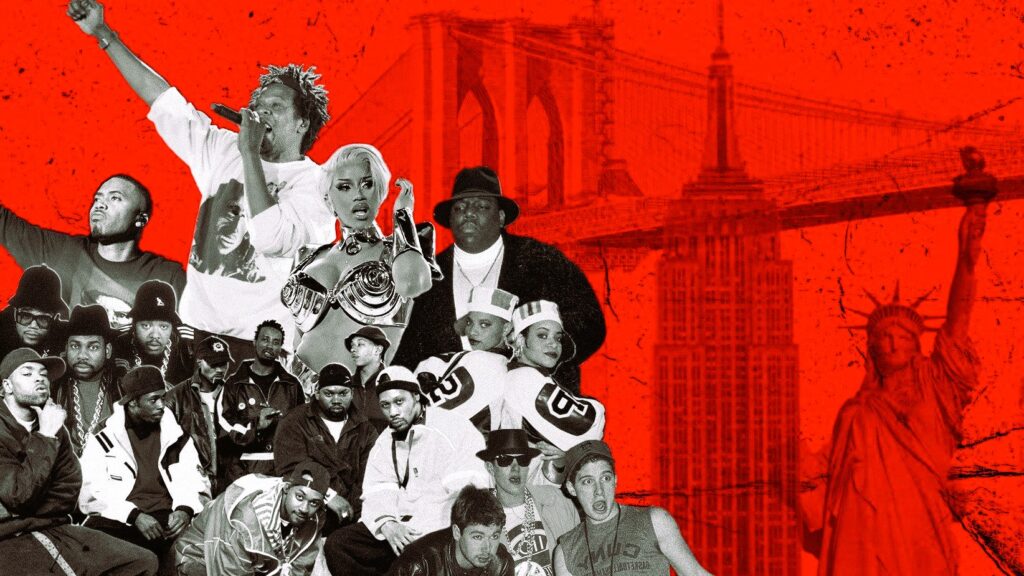
Hip-hop is more than just a genre of music; it’s a cultural movement that has profoundly shaped the music industry and popular culture since its inception. Originating in the Bronx borough of New York City in the 1970s, hip-hop emerged as a form of creative expression for marginalized communities, providing a voice for urban youth and giving rise to a vibrant subculture that continues to thrive to this day. In this article, we’ll delve into the rich history of hip-hop, tracing its roots, evolution, and modern innovations.
The Birth of Hip-Hop
Hip-hop emerged in the late 1970s as a fusion of various African-American musical traditions, including funk, soul, and rhythm and blues. The genre’s origins can be traced back to block parties in the Bronx, where DJs like Kool Herc, Grandmaster Flash, and Afrika Bambaataa would spin records and mix beats, creating a new form of musical expression that combined rhythmic beats with spoken-word poetry.
One of the defining elements of early hip-hop culture was the “breakbeat,” a drum loop or sample taken from funk and soul records that DJs would loop and extend, creating a continuous groove for dancers to breakdance to. Breakdancing, along with graffiti art and MCing (or rapping), became integral components of the burgeoning hip-hop scene, providing avenues for self-expression and creativity for urban youth.
The Golden Age of Hip-Hop

The 1980s saw the rise of hip-hop as a commercial force, with artists like Run-D.M.C., LL Cool J, and Public Enemy bringing the genre into the mainstream. The emergence of hip-hop as a global phenomenon coincided with the advent of music videos and the rise of MTV, which helped to popularize the genre and bring it to a wider audience.
One of the most significant developments of this era was the emergence of sampling as a key production technique in hip-hop music. Producers like DJ Premier, Dr. Dre, and The Bomb Squad pioneered the use of sampling, layering drum breaks, vocal snippets, and melodies from existing records to create new and innovative sounds. This practice not only gave hip-hop its distinctive sonic palette but also raised questions about copyright law and artistic ownership. Did you like our article? Read also about the Power of Wireless Broadcasting.
Hip-Hop Goes Mainstream
The 1990s witnessed the commercial explosion of hip-hop, with artists like Tupac Shakur, The Notorious B.I.G., and Jay-Z dominating the charts and influencing popular culture. The rise of gangsta rap brought gritty tales of street life and urban struggle to the forefront of the genre, while artists like Nas and Wu-Tang Clan explored themes of social commentary and introspection.
The advent of digital technology and the internet further democratized the music industry, allowing independent artists to distribute their music directly to fans without the need for major record labels. Hip-hop’s DIY ethos and entrepreneurial spirit became even more pronounced, with artists like Master P and Jay-Z founding their own record labels and building multimedia empires.
Modern Innovations in Hip-Hop

Today, hip-hop continues to evolve and innovate, with artists pushing the boundaries of the genre and incorporating elements of electronic music, trap, and alternative rock into their sound. Artists like Kanye West, Kendrick Lamar, and Drake have redefined the genre, experimenting with unconventional song structures, intricate wordplay, and genre-blurring collaborations.
The rise of streaming platforms like Spotify and SoundCloud has revolutionized the way music is consumed and distributed, allowing artists to reach global audiences with their music and connect directly with fans. Social media has also played a significant role in the rise of hip-hop, with platforms like Instagram and Twitter providing artists with a direct line of communication to their fans and a platform to promote their music and brand.
In conclusion, hip-hop’s journey from its humble beginnings in the Bronx to its current status as a global cultural phenomenon is a testament to the genre’s enduring power and influence. From its roots in African-American musical traditions to its modern innovations and commercial success, hip-hop has remained true to its ethos of self-expression, authenticity, and innovation.
For further reading on the history of hip-hop, you can explore the following resources:



